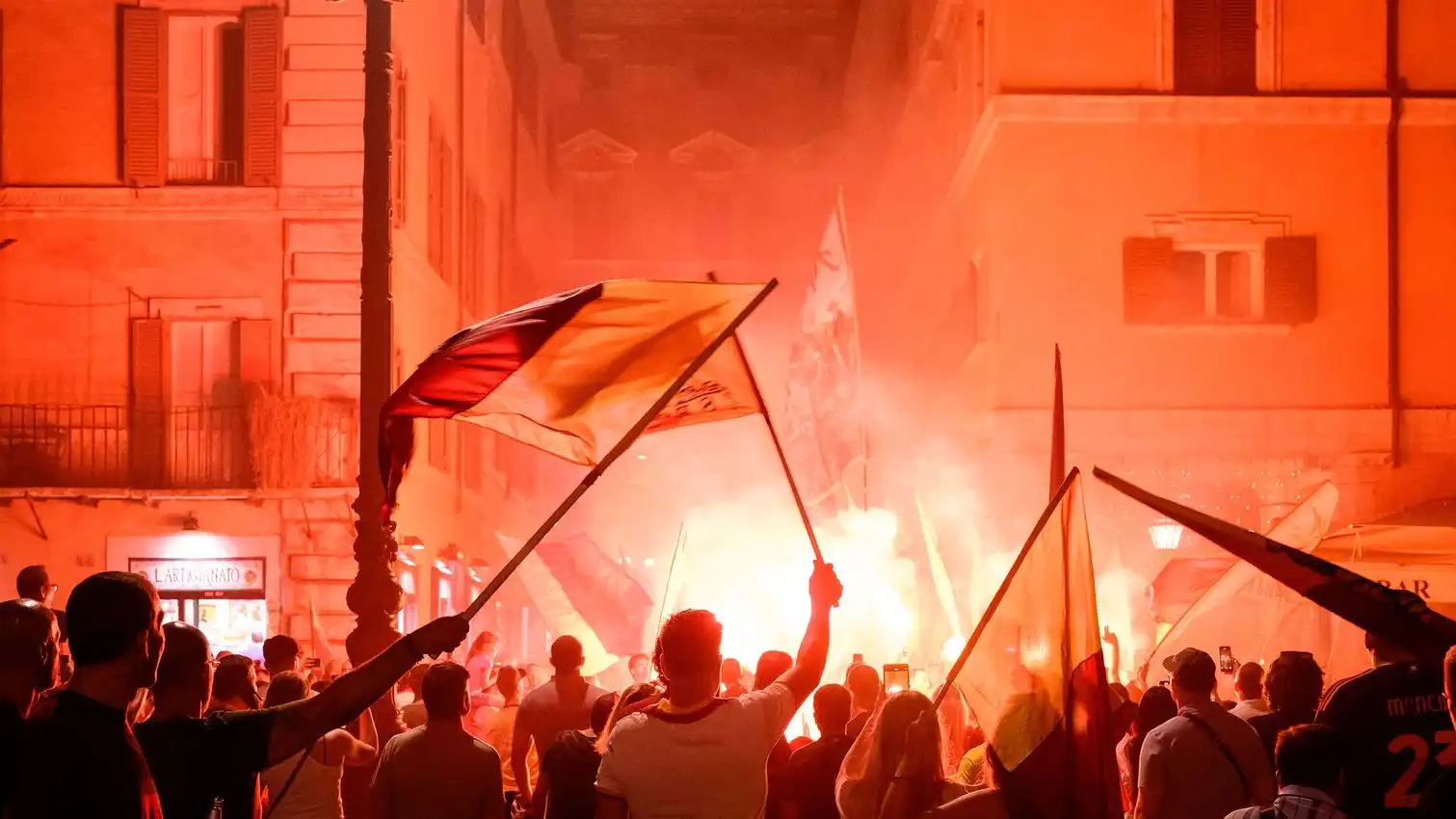The Role of Hooligans in Football Culture: Between Group Identity and Criminal Acts
Muhe - Saturday, 26 July 2025 | 11:55 AM (WIB)


Brotherhood or Battleground? The Psychology of Belonging
For many, football isn't just a game; it's a way of life. And for some, particularly those drawn into hooligan subcultures, this sense of belonging is amplified to an extreme degree. We're talking about tribalism that goes beyond team support — it's about "us versus them." These groups offer a powerful sense of identity, especially for youth who feel alienated or directionless.Within these so-called "firms," there's a structured brotherhood, a place where individuals feel valued and seen. But it’s a warped version of community — one that ties respect and validation to aggression and violence.From Passion to Provocation: When Support Turns Violent
Think about it: the chants, the colours, the collective energy in a stadium — it's intoxicating. But for the hooligan element, this energy isn't just for cheering. It's a prelude to confrontation.The 1970s and 80s in the UK were especially notorious. What began as fierce rivalries evolved into orchestrated violence. Stadiums turned into battlegrounds, and matchday became synonymous with riots and public unrest. Somewhere along the way, football passion crossed the line into criminal behaviour.What Fuels the Fire? Social and Psychological Drivers
So, what transforms a passionate fan into a violent offender? The causes are varied and complex. Social disenfranchisement, a need for identity, thrill-seeking, and peer pressure all play major roles. For many, it’s less about the actual football and more about proving something — dominance, toughness, or loyalty.The anonymity of crowds can embolden individuals, allowing them to act in ways they wouldn't dare to on their own. Being part of a notorious firm becomes a badge of honour in some circles — a toxic pride rooted in chaos and conflict.Real-World Consequences: The Cost of Hooliganism
The damage hooliganism causes goes far beyond bruised knuckles and broken seats. Clubs are hit with massive fines, suffer reputational damage, and often face stadium closures or matchday bans. Fans who simply want to enjoy the game are pushed out by fear and uncertainty.On a personal level, hooligans face real criminal consequences: arrests, convictions, and long-term bans. These aren’t harmless mischief-makers — they’re committing serious crimes with lasting impacts on communities and the sport's image.Fighting Back: How Football is Reclaiming the Stands
The fight against hooliganism is ongoing. Authorities and clubs have implemented stricter policing, extensive CCTV surveillance, and targeted banning orders to curb violence. Europe in particular has seen significant progress, with many stadiums now far safer than in decades past.At the grassroots level, many fan groups are pushing back against the hooligan narrative, promoting positive supporter culture through community events, creative displays, and inclusive fan engagement.Reclaiming the Game: Unity Over Division
At its core, football is about unity. It brings people together across cultures, languages, and generations. Hooliganism, by contrast, fragments this unity. It replaces joy with fear and turns celebration into conflict.Yes, group identity is a deeply human need — but it doesn’t have to manifest as violence. Football's magic lies in shared experience, not tribal warzones. It’s time to support teams with passion, not punches.Because honestly, the only 'firm' we should be rooting for is the one where everyone — kids, parents, lifelong fans, and newcomers — can enjoy the game in peace. Anything less isn’t football. It’s just noise.
Liverpool vs Arsenal Prediction: Week 3 of the 2025/2026 Premier League
14 days ago

Rayo Vallecano vs. Barcelona Prediction: Week 3 of La Liga 2025/2026
14 days ago

Messi's Last Dance? The GOAT Hints at a Potential World Cup Farewell in 2026
15 days ago

Real Madrid vs Mallorca Prediction: Los Blancos Aim for Third Consecutive Win
15 days ago

West London Derby: Chelsea vs. Fulham Prediction, Week 3 Premier League Match
16 days ago

Manchester United vs Burnley Prediction: Tough Test at Old Trafford
16 days ago

The Roar of History: Why Almaty Ortalık Stadium Isn't Just a Venue, It's Kazakhstan's Heartbeat
16 days ago

Wayne Rooney’s Stark Warning: Can Manchester United Still Attract Elite Managers?
16 days ago

The End of the Road: Ole Gunnar Solskjaer's Turkish Adventure Concludes Abruptly at Besiktas
16 days ago

Argentina vs. Venezuela: Lionel Messi's Final Moments in Home?
16 days ago
